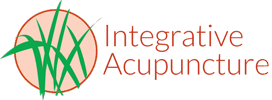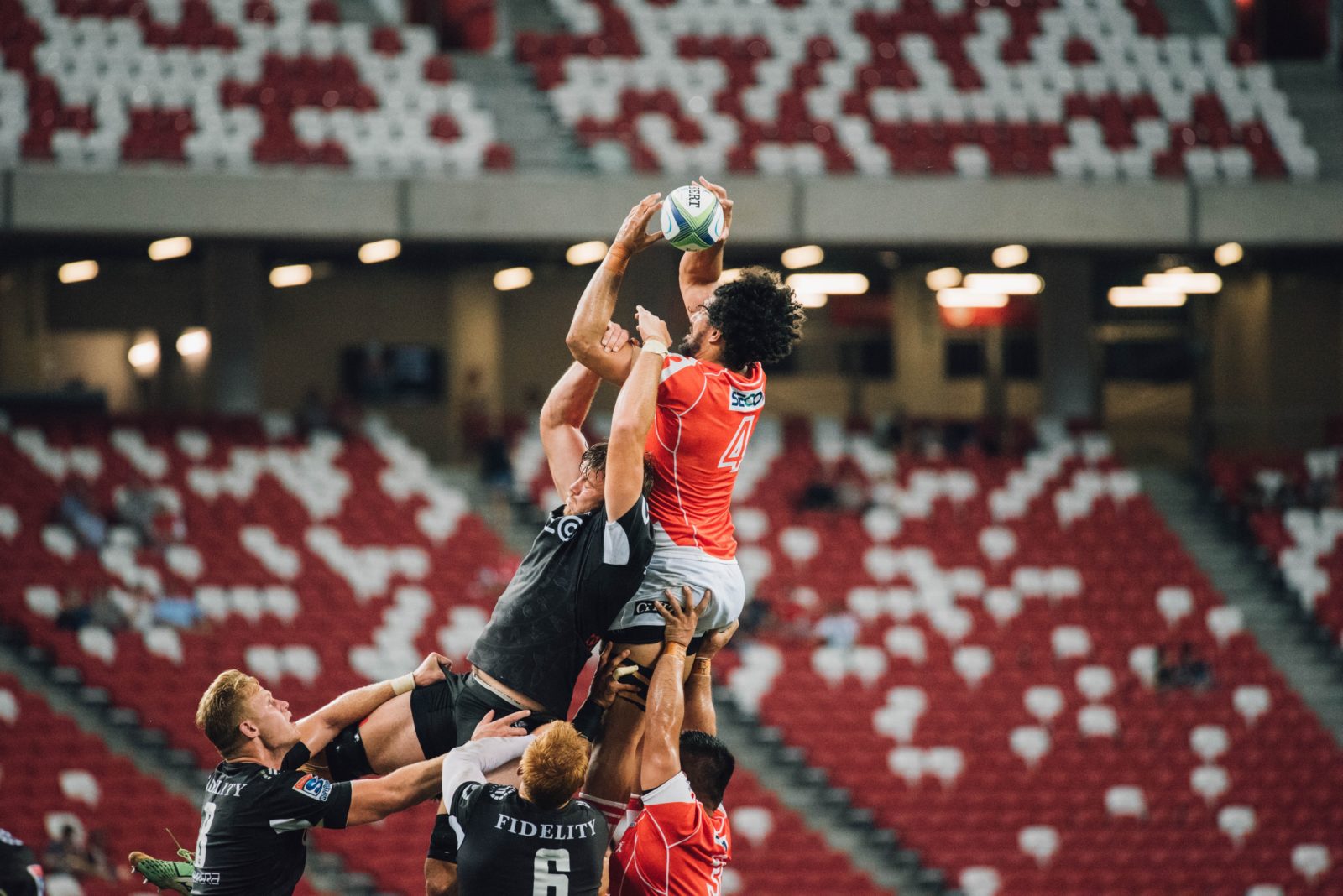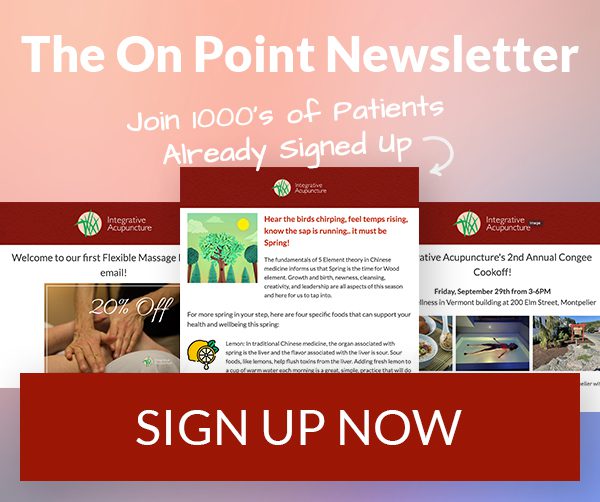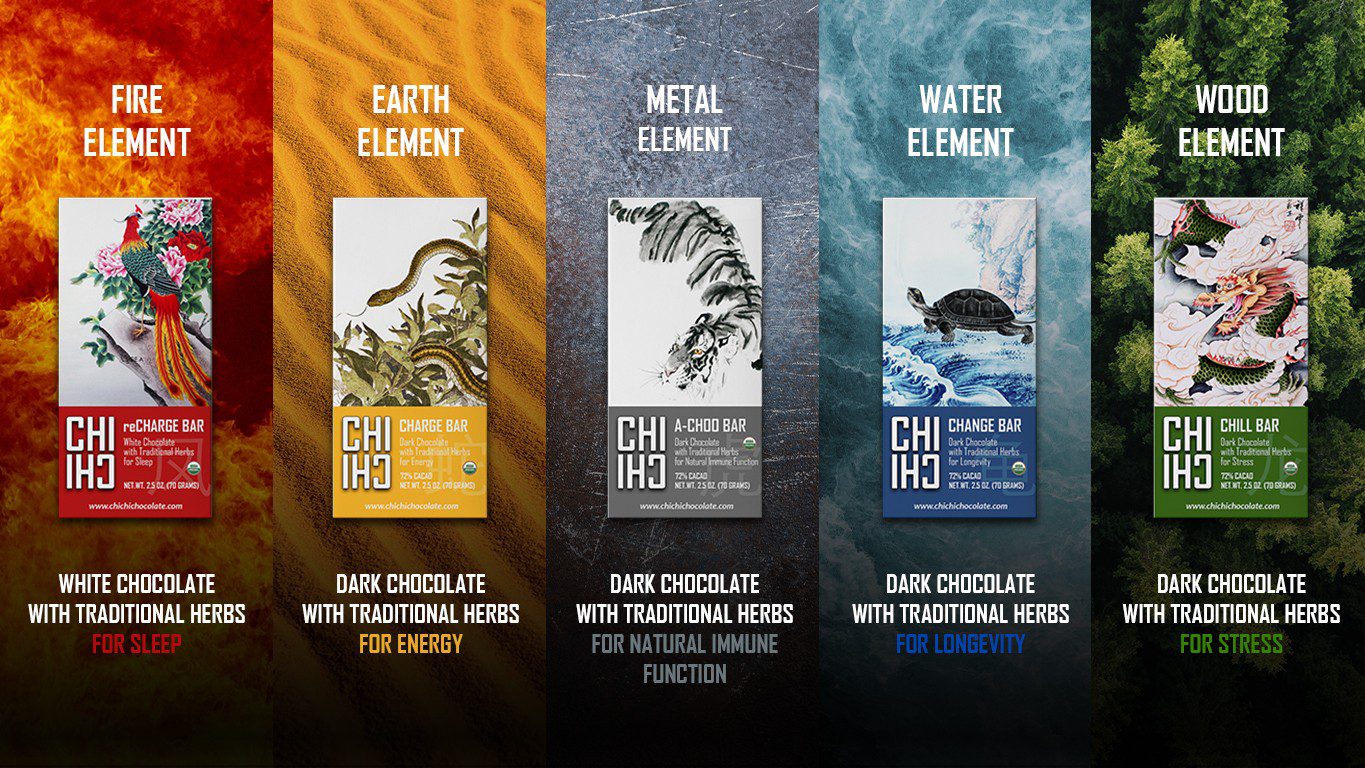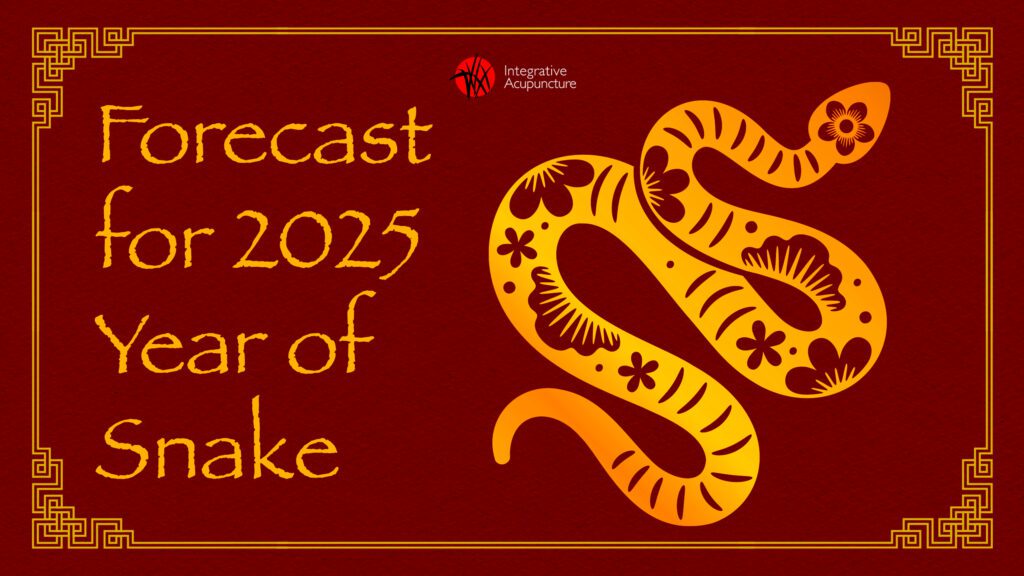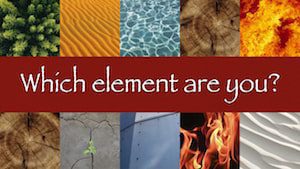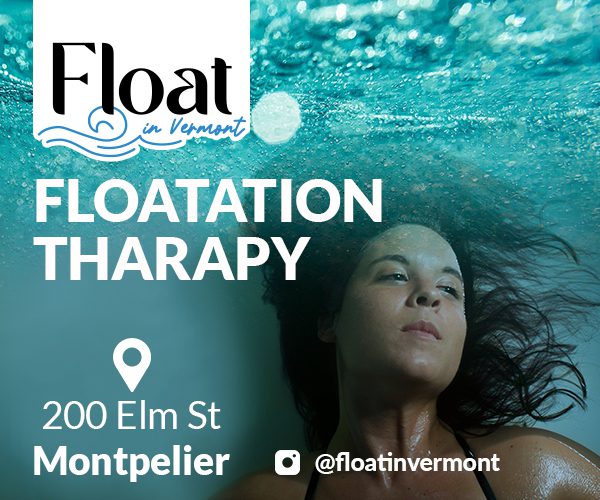Traumatic Brain Injury & Acupuncture
Traumatic Brain Injury (TBI) occurs when an external force from a like a bump, blow, blast, or jolt disrupts normal brain activity. There are more than five million people in the United States who suffer from symptoms of TBI. It is the leading cause of death for people under 45 in the United States. One study found that up to 20% of service members may be affected by traumatic brain injury. [1] There is a demand for more research on TBI and treatment options. Although our technological advances in medicine have improved our understanding of the brain, TBI presents an immense challenge to researchers because of the brain’s complexity and delicate nature.
Ross Zaffonte at Spaulding Rehabilitation Center in Boston, calls TBI “the most complicated disease in the most complicated organ known to man.” This complexity helps explain why medicine is still struggling to find effective treatment. Treatment is often trial and error which is very frustrating for many TBI sufferers who already feel “lost in the dark.”

Zaffonte also suggests that it’s more accurate to think of TBI as a disease. Traumatic brain injury affects many areas of the brain and rehabilitation can sometimes take months or years. Although TBI is initially a physical injury it quickly leads to chemical and structural changes within the brain. Symptoms of TBI include: headaches, dizziness, exhaustion, cognitive impairment and memory loss. Severe TBIs are categorized may involve paralysis or severe motor dysfunction. Treatment for TBI can include removal of severely damaged brain tissue, electronic monitoring neuroimaging, physical therapy, occupational and speech therapy may be needed.
Concussions
The least severe form of brain injury are concussions. They are the most common form of brain injury. They happen when a hit or fall causes temporary loss in brain function. Unfortunately, almost everyone knows someone who has had a concussion. Sports related concussions among children, teens and professional athletes are common. Most concussions do not cause loss of consciousness, so frequently the symptoms are not even recognized or reported. Common symptoms of concussion are: headaches, sleep disturbances or sleepiness, fatigue, irritability, mild depression, disorientation, nausea, vomiting, blackout, and poor balance.
More research is emerging about the seriousness of repeated concussions. Subjects who experience repeated concussions often have declined performance on memory tests. Researchers at Sports Concussion Clinic at Children’s Hospital are working to understand why concussions affect people differently. Most people recover from a concussion within a month. However about 2% of people continue to experience symptoms months later. Researchers are using genetically altered mice to see if there is a genetic connection between what they call gene apolipoprotein E and susceptibility to brain injury and long term effects of concussion.
The complexity of all TBI’s make it difficult to treat with conventional medicine. In many cases patients with TBI’s are told to rest, and manage symptoms like headaches or anxiety or insomnia with medications. Sometimes this is enough, and the symptoms subside. However, often TBI patients are still looking for help years after the initial injury.
Using Acupuncture For Traumatic Brain Injury
There is a growing body of research that shows improved outcomes for patients with TBI in motor and speech rehabilitation with acupuncture treatment. There is even evidence that acupuncture for acute management and rehabilitation of TBI outperforms conventional treatment. [2] A Chinese study conducted at the Rehabilitation Department of the First Affiliated Hospital of Xian Jiaotong University (Shaanxi) found that acupuncture control group outperformed the conventional standard care group. [3] Research confirms that acupuncture is an effective therapy for widespread chronic pain and acute and chronic pain associated with headaches. Acupuncture can make a significant impact on the recovery of TBI patients.
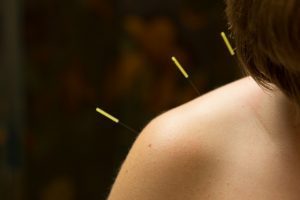 Acupuncture can help with many symptoms associated with TBI and concussion such as chronic pain, headaches, dizziness, numbness, fine and gross motor impairment, memory and cognitive decline, insomnia, anxiety, depression, and post-traumatic stress disorder. It is important to note however, that acupuncture is not a quick fix. Like occupational and physiotherapy, acupuncture for TBI requires consistent treatment for weeks or months. Progress is possible, and the sense of relief that TBI patients get from acupuncture is palpable. Fewer headaches, and less pain help improve the quality of life of our patients. Better sleep and less anxiety help the body and brain heal in a way that simply managing symptoms with medications cannot.
Acupuncture can help with many symptoms associated with TBI and concussion such as chronic pain, headaches, dizziness, numbness, fine and gross motor impairment, memory and cognitive decline, insomnia, anxiety, depression, and post-traumatic stress disorder. It is important to note however, that acupuncture is not a quick fix. Like occupational and physiotherapy, acupuncture for TBI requires consistent treatment for weeks or months. Progress is possible, and the sense of relief that TBI patients get from acupuncture is palpable. Fewer headaches, and less pain help improve the quality of life of our patients. Better sleep and less anxiety help the body and brain heal in a way that simply managing symptoms with medications cannot.
Acupuncture and the brain are a perfect match. They are both complex and mysterious systems whose functioning science is only beginning to explain. The mechanism for how acupuncture works is an area of growing interest in medical research. Inserting needles in acupuncture points changes the activity of the brain. This has been proven with radiographic imaging before and after treatment. Acupuncture can change the brain’s chemistry and regulate neurotransmitters especially the release of serotonin. Acupuncture can contribute to the biochemical balance in the central nervous system by regulating neurotransmitters that control health and disease. [4] Through acupuncture we can talk directly to the brain to encourage body wide relaxation and healing.
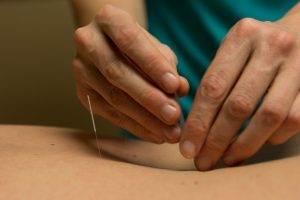 All licensed acupuncturists have been trained in treating chronic and acute pain. Acupuncture has a variety of approaches to TBI. An acupuncturist may include auricular (ear) acupuncture, electro acupuncture, neuroacupuncture, or scalp acupuncture in a treatment. These are all effective treatment strategies for TBI’s. Even if you suffered a concussion years ago and seem to have recovered, please mention this to your acupuncturist as it is an important part of your health history.
All licensed acupuncturists have been trained in treating chronic and acute pain. Acupuncture has a variety of approaches to TBI. An acupuncturist may include auricular (ear) acupuncture, electro acupuncture, neuroacupuncture, or scalp acupuncture in a treatment. These are all effective treatment strategies for TBI’s. Even if you suffered a concussion years ago and seem to have recovered, please mention this to your acupuncturist as it is an important part of your health history.
For More Information:
Brain Injury Association of America
Brain Injury Association of Vermont
[1] Terrio H, Brenner LA, Ivins BJ, et al. Traumatic brain injury screening: preliminary findings in a US Army Brigade Combat Team. J Head Trauma Rehabil. 2009;24(1):14-23.
[2] Wong V, Cheuk DK, Lee S, Chu V. Acupuncture for acute management and rehabilitation of traumatic brain injury. Cochrane Database Syst Rev. 2013. March 28;3:CD007700. [PubMed]
[3] Deng, Jingyuan, Xiaodong Sheng, Zhonghua Wang, et al. “Efficacy of acupuncture combined with comprehensive rehabilitation on cerebral diffuse axonal injury.” Chinese Journal of Gerontology 33.20 (2013): 4972-4973.
[4] Chae Ha Yang; Bong Hyo Lee; Sung Hoon Sohn. A Possible Mechanism Underlying the Effectiveness of Acupuncture in the Treatment of Drug Addiction. Disclosures. Evid Based Complement Alternat Med. 2008;5(3):257-266.
